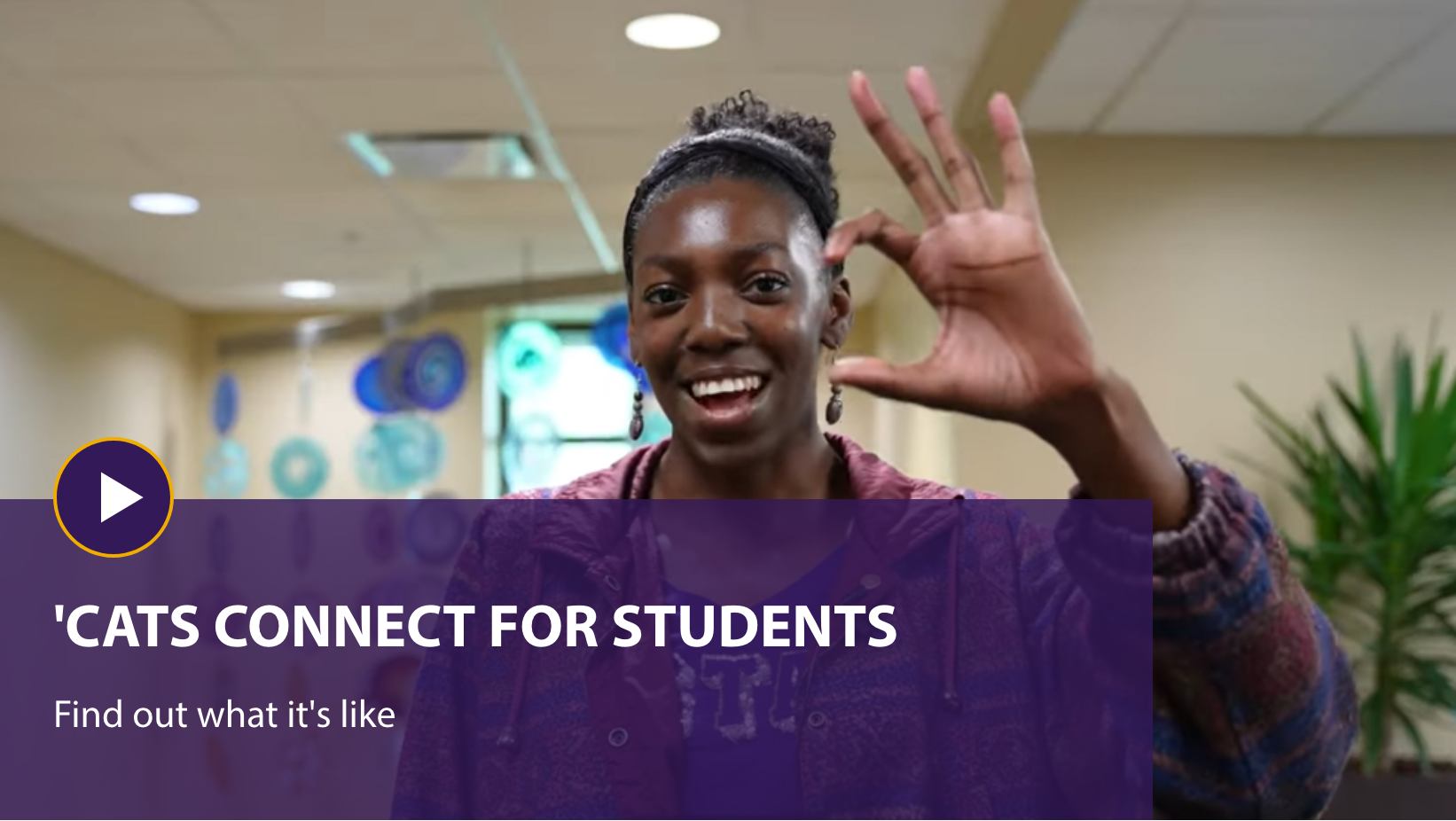Want your students to feel a sense of belonging on campus?
Helping them develop real friendships makes all the difference.
ProjectConnect has a proven track record for helping students make friends.
According to the National College Health Assessment, HALF of students are lonely, despite being surrounded by peers. You’ve probably witnessed the impact this has on their student experience and retention.
Research shows it takes students an average of 119 hours spent together to make a close friend. That’s way too long! Our goal is to help students feel connected from the moment they step onto campus … because that’s what sets them up to thrive. I created the ProjectConnect program to help students make friends more quickly and easily. Trained facilitators (usually people on your campus) lead small groups of 5-6 participants through an evidence-based curriculum that breaks through surface-level interactions to create meaningful connections.
We’ve worked with over 100 colleges to build student connection. For example, Kansas State University has implemented ProjectConnect in a BIG way—over 1000 students, staff and faculty have participated in a group! They offer groups throughout the year, including over the summer, so incoming students can make friends before they even arrive on campus. ProjectConnect is one of KSU’s many initiatives that landed them at the top of the Happiest Students list!
ProjectConnect Group Outcomes
Participants appreciate the opportunity to connect and generally love the group experience. 95% of participants would recommend ProjectConnect to a friend. In additional, several campuses have conducted more in-depth assessment to evaluate the impact of ProjectConnect groups and found that participation:
Significantly reduces loneliness (UCLA loneliness scale).
Helps participants make friends (Students average 2 additional friends from pre- to post-assessment).
Increases student satisfaction (by 13% from pre- and post-assessment).
Increase the belief that the college cares about them as a person (by 18% from pre- to post-assessment).
If you want students to feel like they belong,
help them make friends with ProjectConnect!
Reviews and Testimonials
This review from Okanagan College sums it up perfectly. You can see more Google reviews here and check out campus testimonials here.
ProjectConnect Programs
1
Host a Talk, Workshop, or “Friending” Event
Want to help students (or staff and faculty) build connection quickly? Consider inviting ProjectConnect Founder, Jessica Gifford, to give a fun, engaging talk, workshop, or friend-making event.
2
Hold a ProjectConnect Group
Want to experience a ProjectConnect group for yourself, or test it out? Hire one of our facilitators to lead a 6-session group for students, staff, or faculty. May be held over Zoom or in-person, depending on your location.
3
Become a ProjectConnect Facilitator
Want to create a culture of connection that’s sustained over time? Consider becoming a Certified ProjectConnect Facilitator so that you can lead groups—year after year—that help participants connect and make friends.
Facilitate ProjectConnect groups
Participating in ProjectConnect groups has been shown to significantly reduce loneliness and help students make friends. If you want to give students ongoing opportunities to create meaningful connections, consider training a group of students, staff, and/or faculty to become ProjectConnect group facilitators. Once certified, they can lead ProjectConnect groups on campus year after year.
“My time as a ProjectConnect Facilitator is no doubt among some of my most cherished, fulfilling memories of my college career. ”
Thousands of students have participated in ProjectConnect … and love it!
95%
Of participants said they would recommend ProjectConnect to their friends.
93%
Said they would like to meet again with their group after the program ended.
Talks, Workshops & Friending Events
Did you know that over half of college students report feeling lonely? And the idea that they should be surrounded by friends, having “the best four years of their lives” only increases their sense of isolation.
Students crave deeper, more meaningful friendships, but aren’t sure how to go about making them.
If you’d like a quick introduction to why we’re in a loneliness crisis, and how to create deeper, closer friendships, invite ProjectConnect Founder, Jessica Gifford, to give an engaging, funny, and practically useful talk or workshop. Participants will leave feeling less alone, with simple, actionable steps for making friends in a fraction of the time.
Sample talk and workshop titles:
The Secret to Making Friends in College
The Friendship Formula: how to have deeper, more meaningful relationships
Friends with Benefits (but not the kind you’re thinking)!
“Fun, inspiring, connecting, and useful!”
Friending Pop-Ups
If you’re looking for something more experiential, consider hosting a friending event. It’s like a speed dating, but without the dating or the speed 😂! Seriously, real connection takes more than a few minutes. At a friending pop-up, participants meet in small groups of 4-5 (relieving the pressure of 1:1 interaction) for 45 minutes or so. Groups are given a “menu” of question prompts to guide the conversation (relieving the anxiety of what to talk about). This structure helps participants move beyond small talk and makes it more introvert-friendly. Friending Pop-Ups are a great way to introduce (and get participants to sign up for) 6-session ProjectConnect groups.









“Students really appreciate this opportunity to meet new people - whether it was new students looking to make friends, or returning students looking to expand their existing friend circles. ProjectConnect is the total package - it's simple and effective, easy to implement and scale, and accessible at a great price point.”
—Leah Berkenwald
Director of Health Promotion and Wellness Initiatives Brandeis University